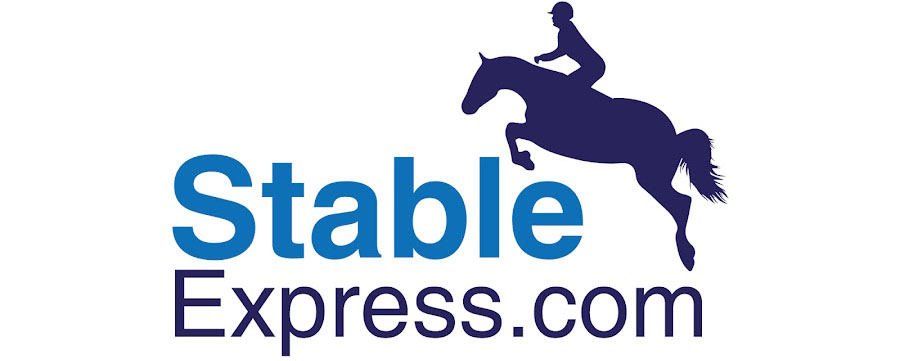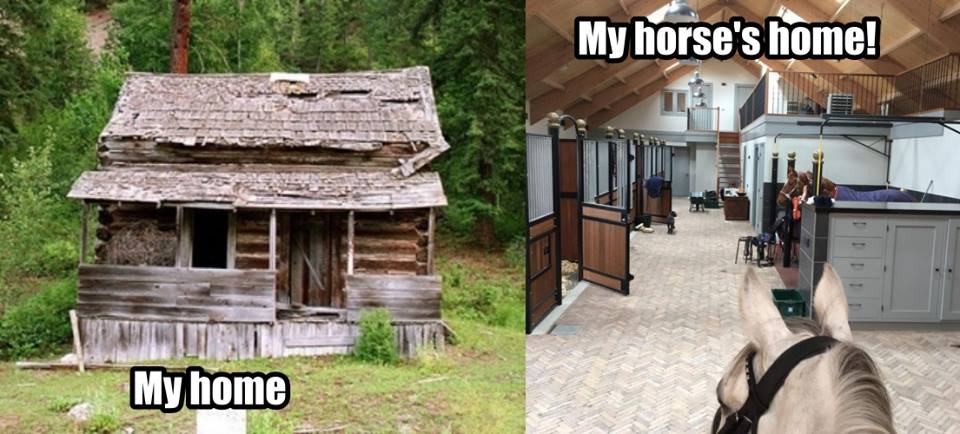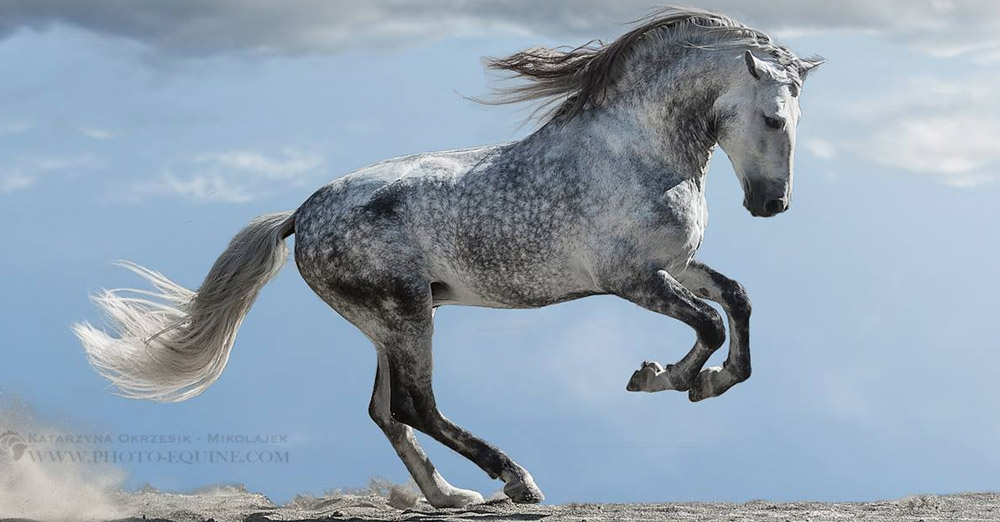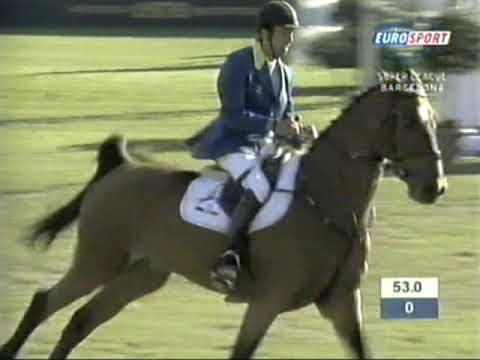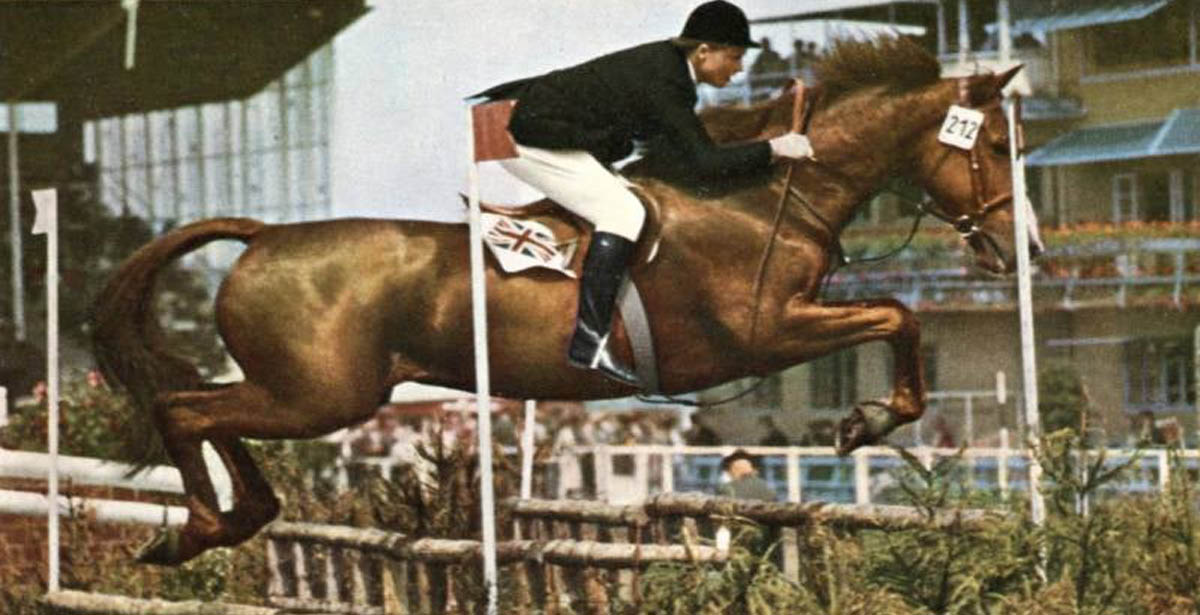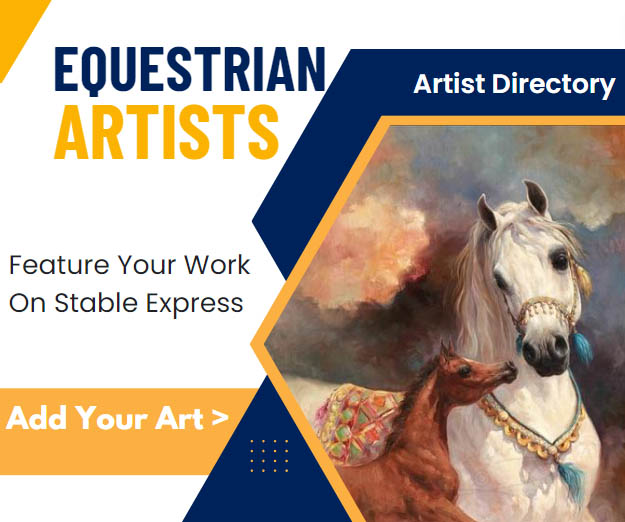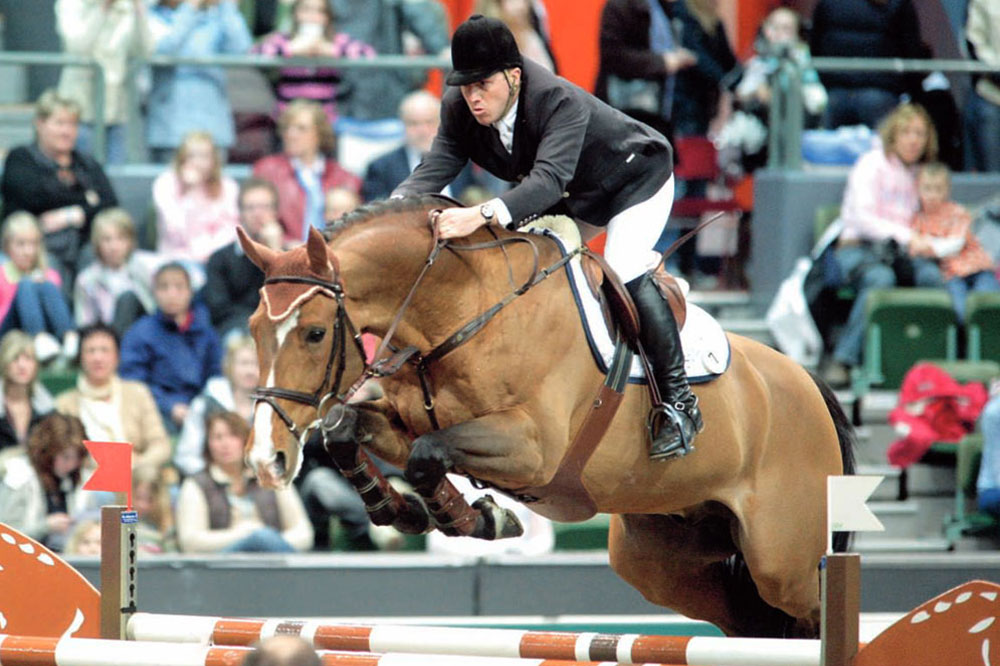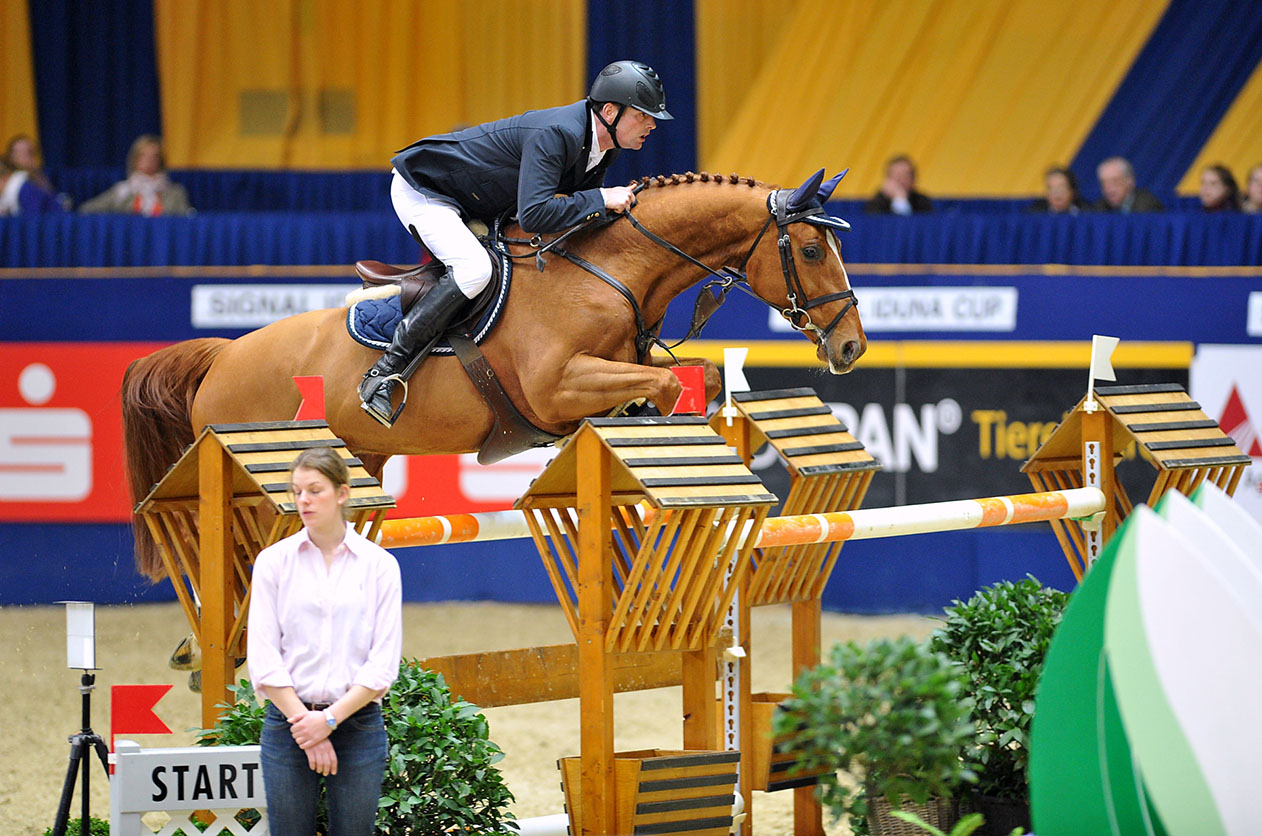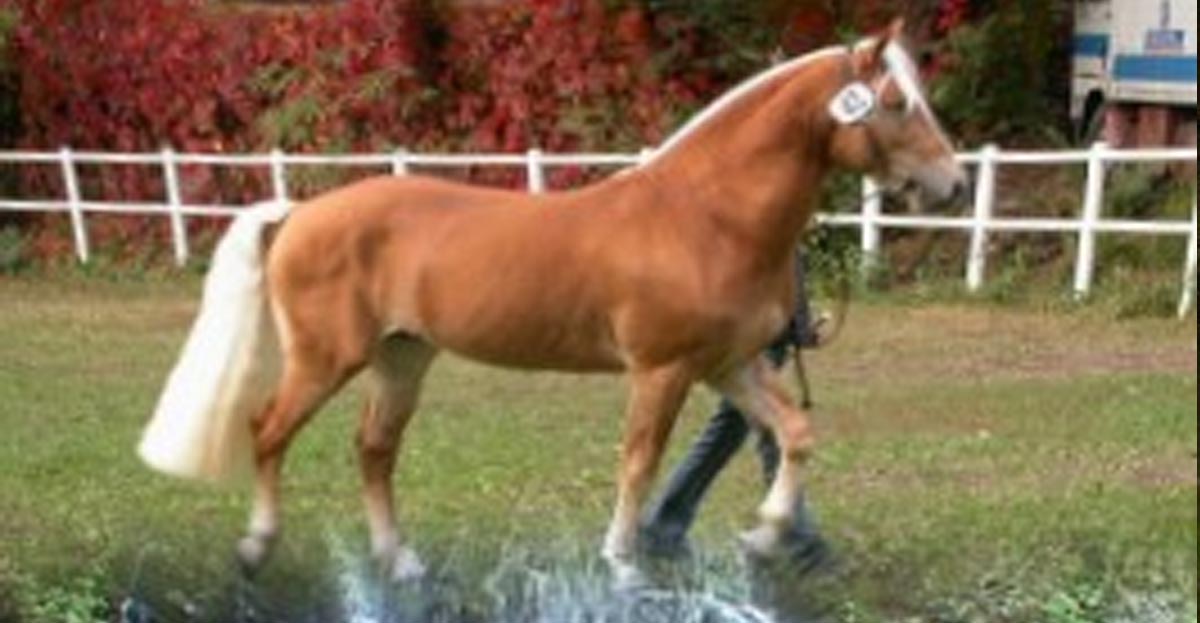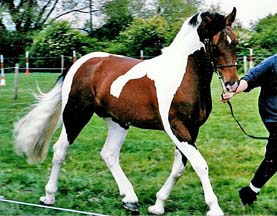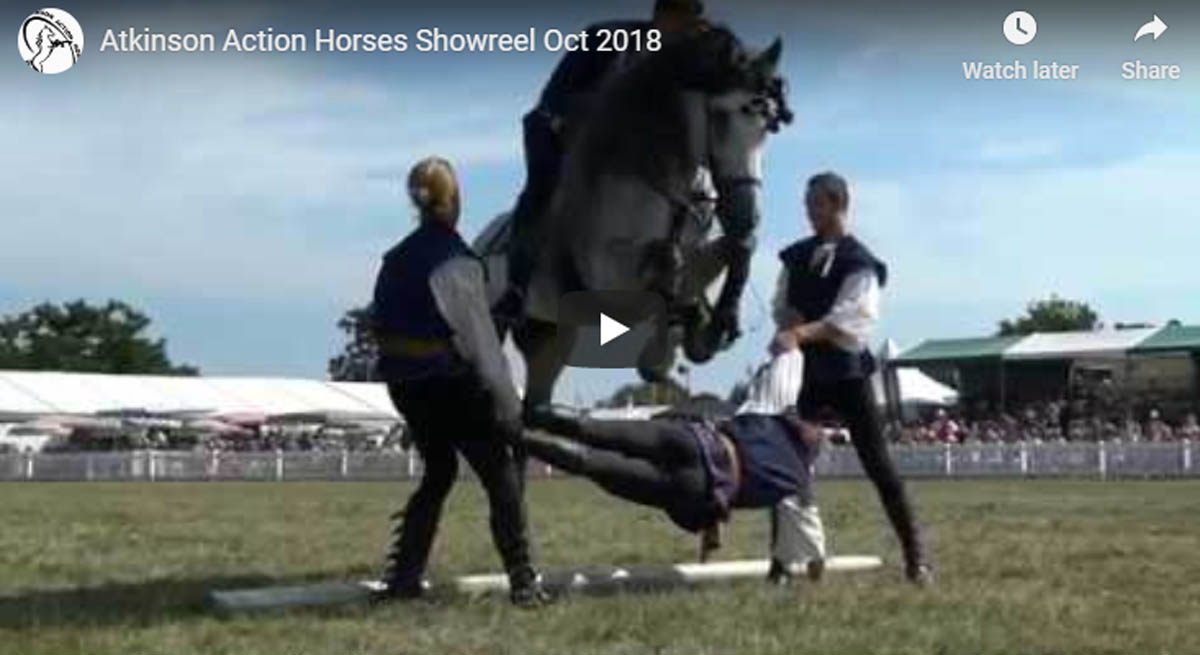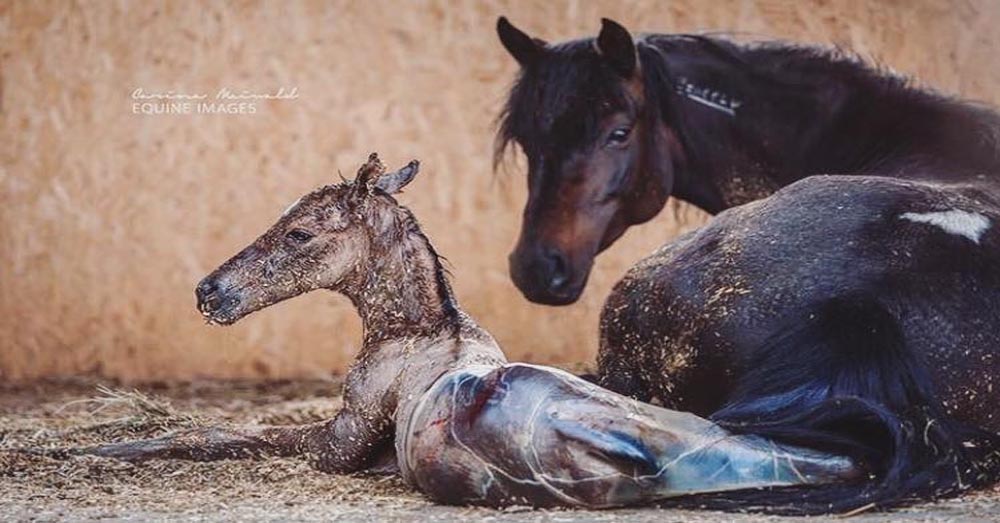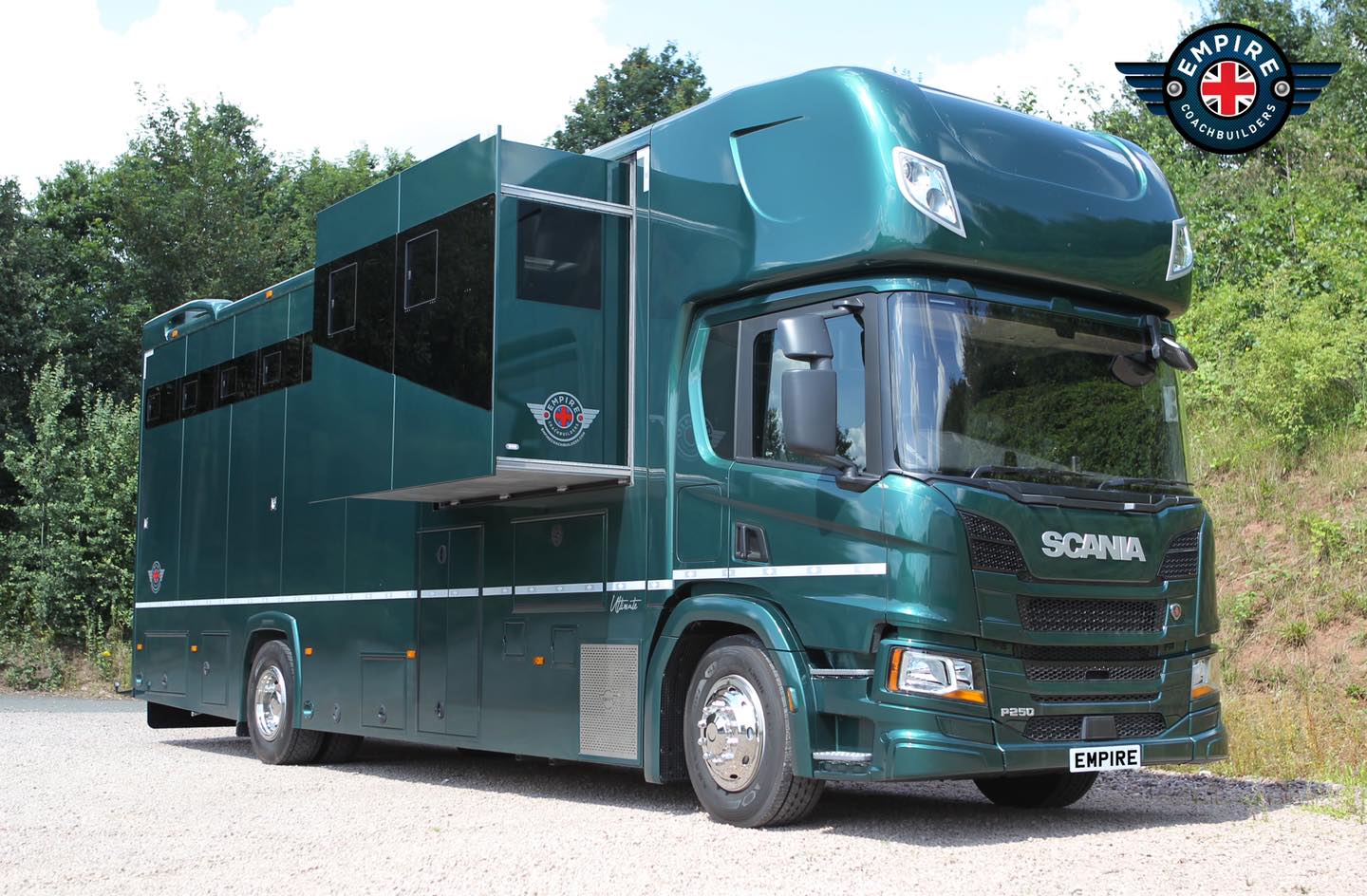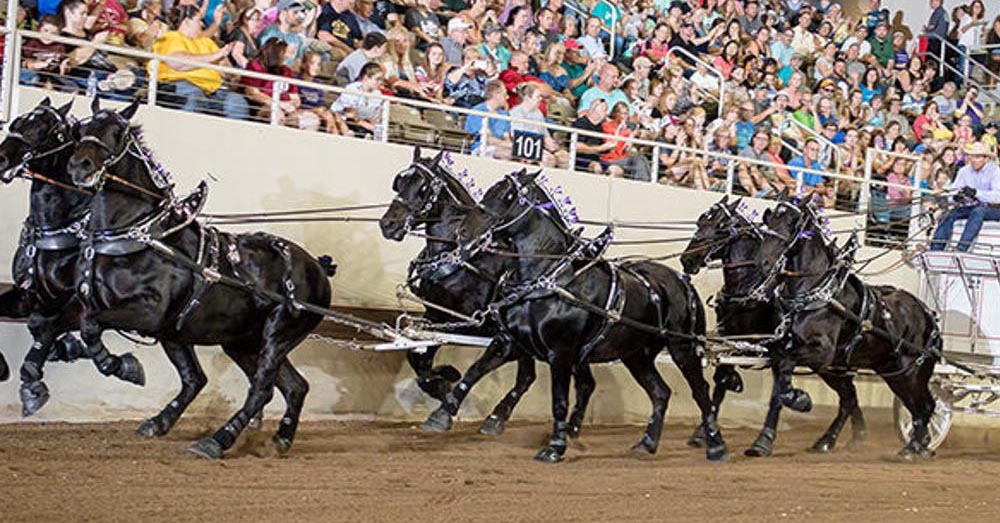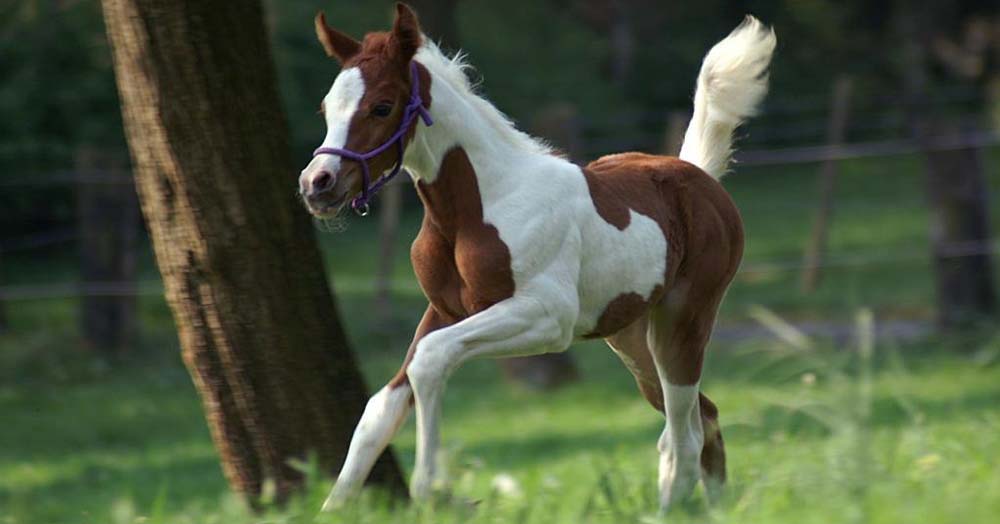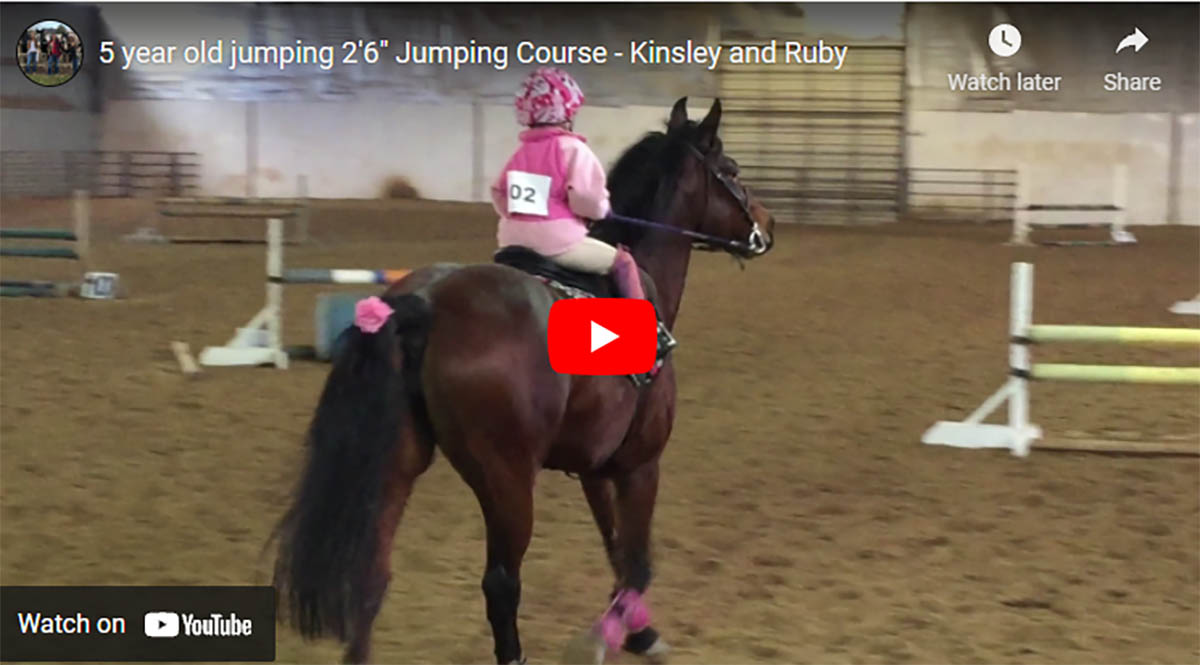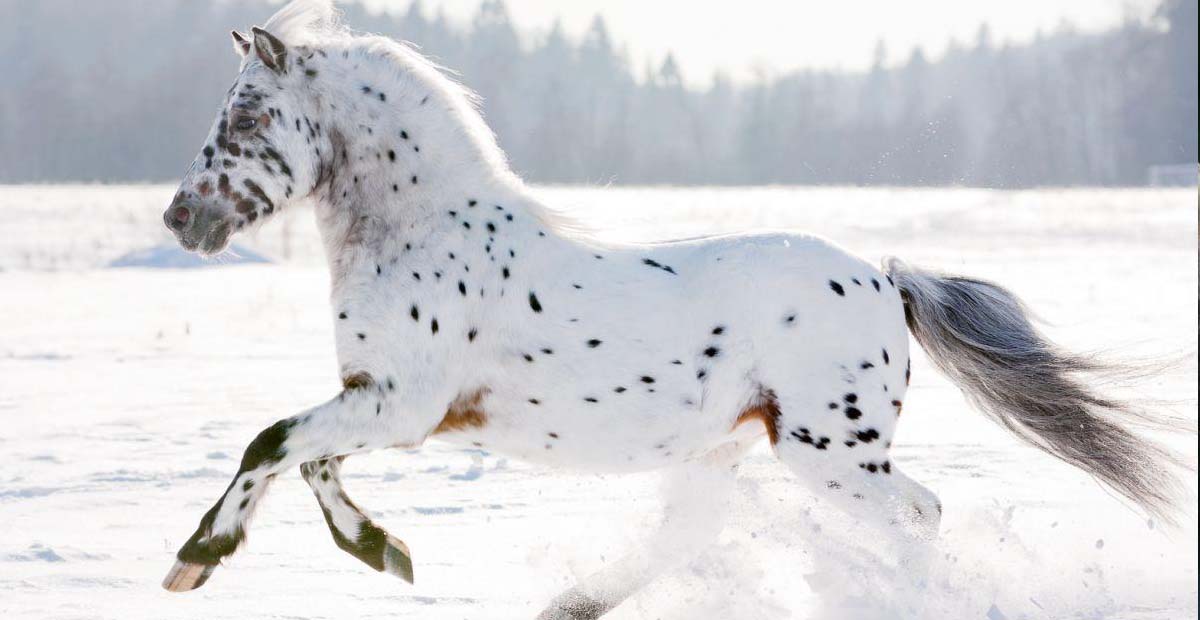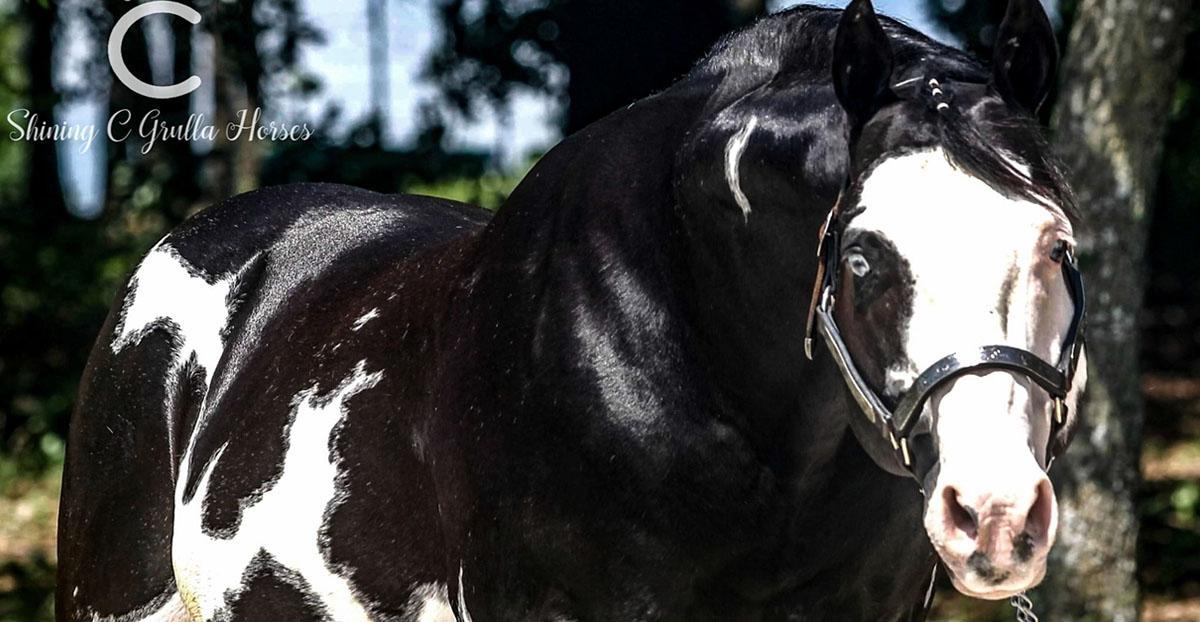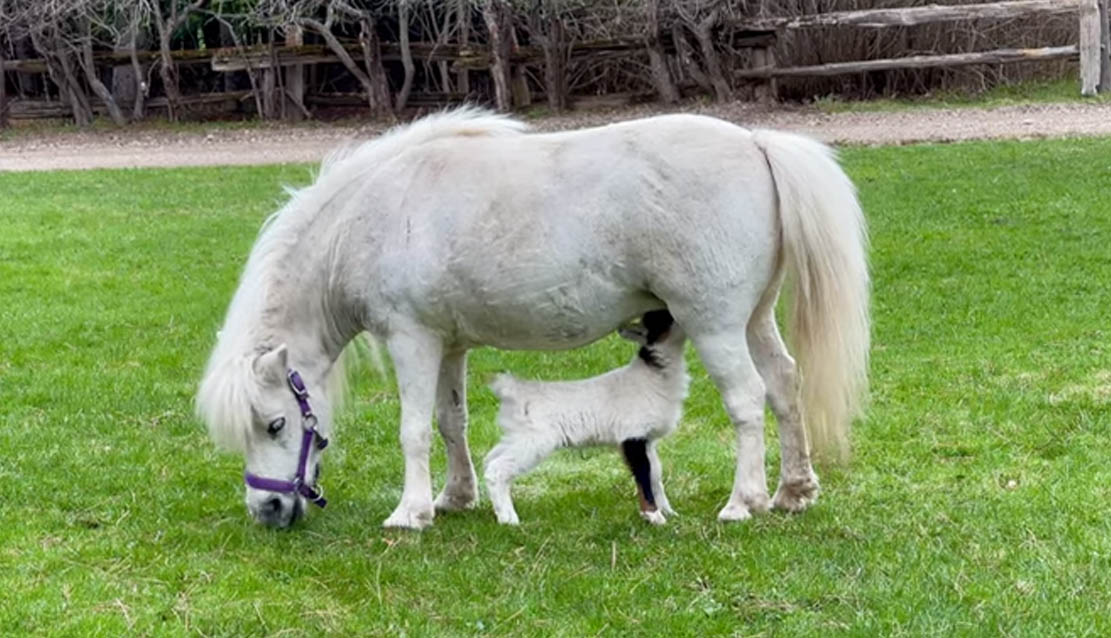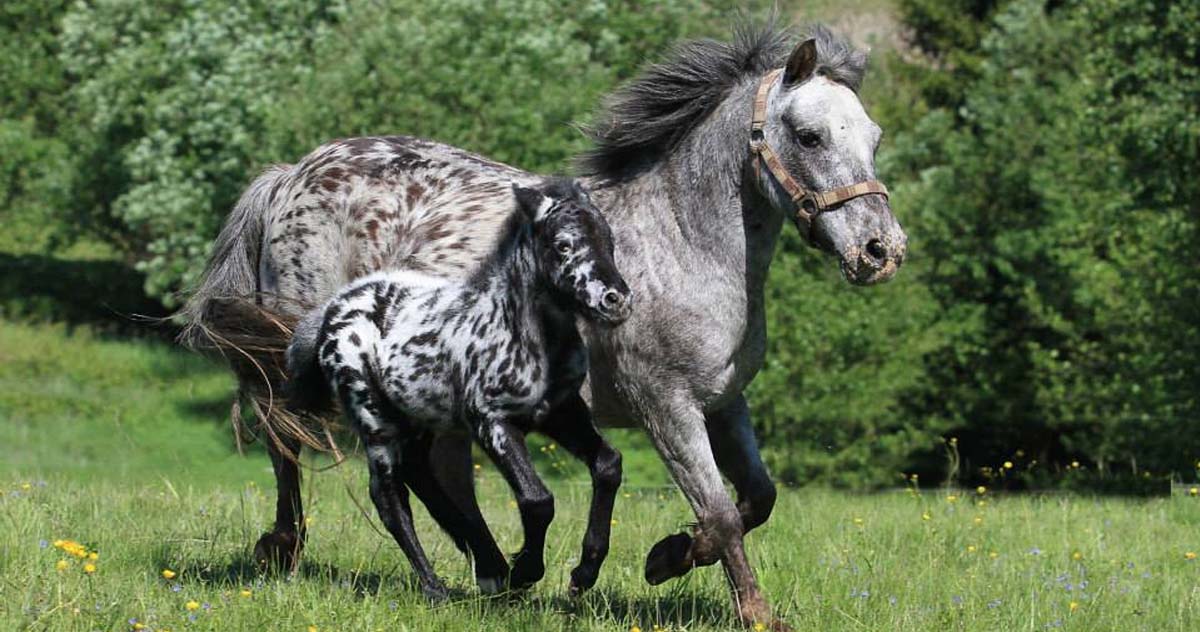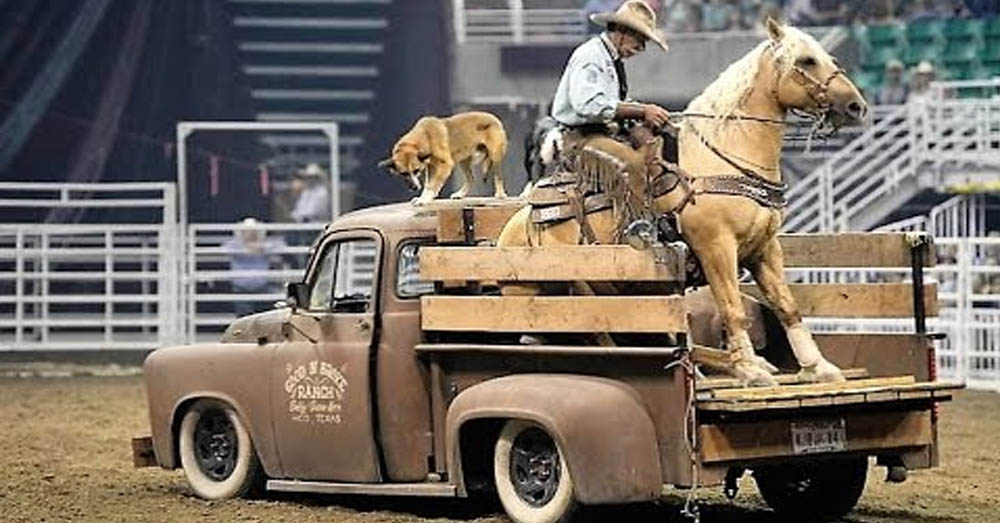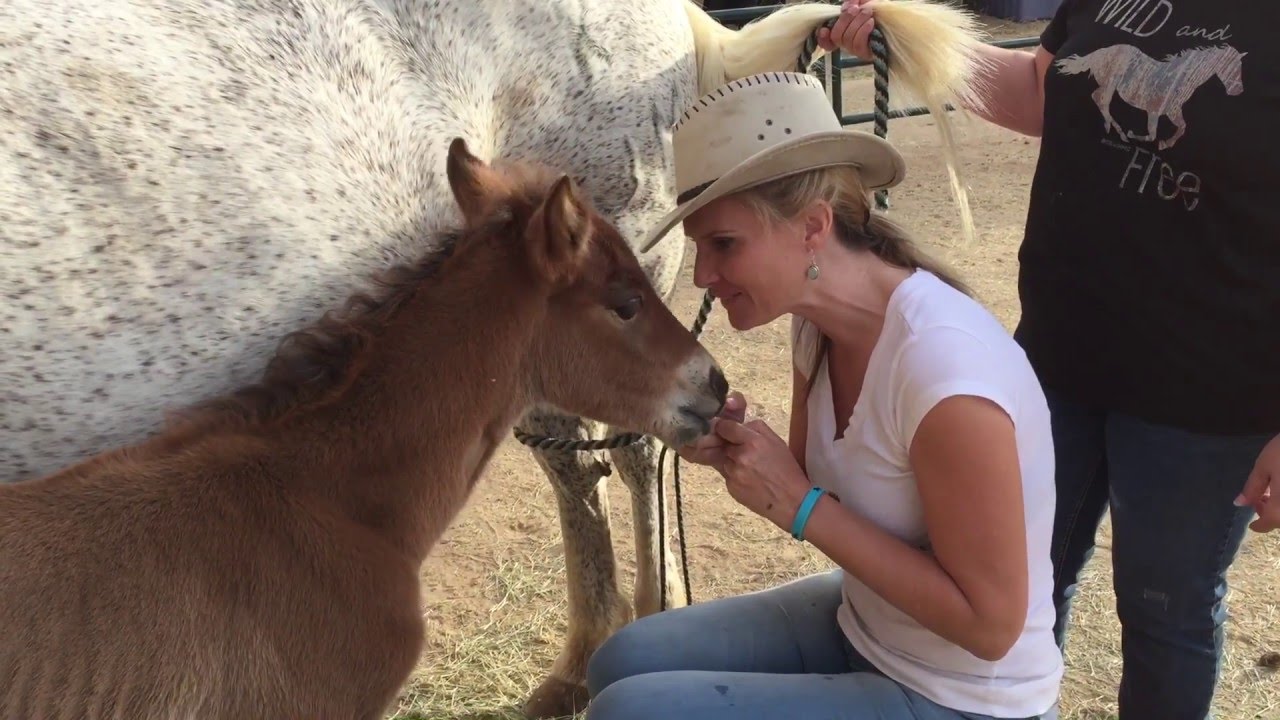Horse Behaviour
Horse behaviour is always an interesting area of study. Some of the most interesting areas of behaviour involve communication, whether the communication is done between horses or between horse and man.
There are several ways a horse can communicate. Vocalization and visually are just two of them. Horses have several different kinds of vocalizations.
A `neigh` is usually used as a greeting call, but is most often used during times that a foal is separated from its mare. A foal and mare that are separated will often neigh repeatedly until brought back together.
A `nicker` is often used by horses to indicate a care response. This is most often used when a horse and foal are reunited. Horse may also `nicker` at their owners, which is a sign of affection.
Snorts and roars can be used between horses and are often used when horses meet new horses. Roars can be used to help establish dominance in a new herd. Another interesting thing that happens when horses meet is that they usually put their noses together, nostril to nostril, to smell each other.
In terms of visual signs a horse gives, the most easily observed are those of the ears. The ears can be held in several positions and they all mean different things.
If the ears are held upright and erect this means the horse is alert or scared. You will often see a horse`s ear become erect after a loud noise, or when new horses are in the area.
If you see the ears laid back down this is an aggressive posture. It is often seen when horses are aggressive towards one another or their owner.
The way a horse communicates and acts can be based on several things.
1. Personality: Just like humans, horses each have a distinct personality. Also certain breeds of horses tend to have different personalities. You might often hear the term “hot blooded breed” when someone refers to certain breeds of horses.
2. Environment: Naturally if a horse is in a new or loud environment, like a show, it might act more nervous than it would if it’s in your backyard. Some very experienced show horses are not even bothered by loud noises and often ignore them.
3. Owner: Animals tend to take on the temperament of their owners sometimes. An owner who acts nervous and speaks loudly will have a horse that tends to be nervous. An owner who is calm and confident can expect the same of their horse.
4. Genetics: This goes back to the old “nature versus nurture” argument. There is no doubt that genetics plays a large role in how a horse acts regardless of who the owner is or what environment the horse is in.
5. Training: Good training can play a huge role in changing how a horse behaves. Bad training can just exaggerate an already bad trait in a horse.
The relationship between horse and man is thousands of years old, but we keep learning more about horse behaviour everyday. By taking the time to learn what different behaviours mean, you can have a better relationship with your horse.
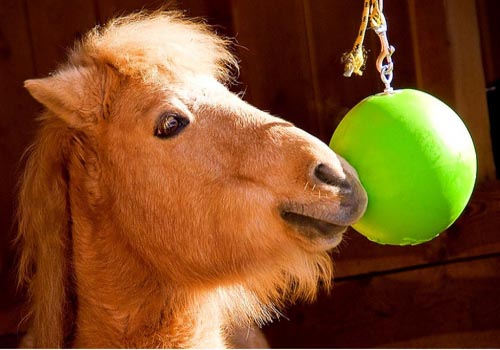
There are several ways a horse can communicate. Vocalization and visually are just two of them. Horses have several different kinds of vocalizations.
A `neigh` is usually used as a greeting call, but is most often used during times that a foal is separated from its mare. A foal and mare that are separated will often neigh repeatedly until brought back together.
A `nicker` is often used by horses to indicate a care response. This is most often used when a horse and foal are reunited. Horse may also `nicker` at their owners, which is a sign of affection.
Snorts and roars can be used between horses and are often used when horses meet new horses. Roars can be used to help establish dominance in a new herd. Another interesting thing that happens when horses meet is that they usually put their noses together, nostril to nostril, to smell each other.
In terms of visual signs a horse gives, the most easily observed are those of the ears. The ears can be held in several positions and they all mean different things.
If the ears are held upright and erect this means the horse is alert or scared. You will often see a horse`s ear become erect after a loud noise, or when new horses are in the area.
If you see the ears laid back down this is an aggressive posture. It is often seen when horses are aggressive towards one another or their owner.
The way a horse communicates and acts can be based on several things.
1. Personality: Just like humans, horses each have a distinct personality. Also certain breeds of horses tend to have different personalities. You might often hear the term “hot blooded breed” when someone refers to certain breeds of horses.
2. Environment: Naturally if a horse is in a new or loud environment, like a show, it might act more nervous than it would if it’s in your backyard. Some very experienced show horses are not even bothered by loud noises and often ignore them.
3. Owner: Animals tend to take on the temperament of their owners sometimes. An owner who acts nervous and speaks loudly will have a horse that tends to be nervous. An owner who is calm and confident can expect the same of their horse.
4. Genetics: This goes back to the old “nature versus nurture” argument. There is no doubt that genetics plays a large role in how a horse acts regardless of who the owner is or what environment the horse is in.
5. Training: Good training can play a huge role in changing how a horse behaves. Bad training can just exaggerate an already bad trait in a horse.
The relationship between horse and man is thousands of years old, but we keep learning more about horse behaviour everyday. By taking the time to learn what different behaviours mean, you can have a better relationship with your horse.

